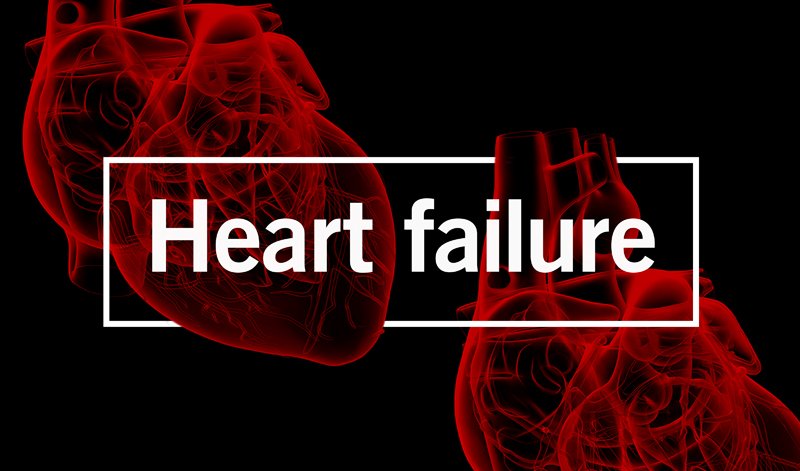Understanding the Impact Heart Failure vs Cancer on Quality of Life
In a recent study presented at the American Heart Association Scientific Sessions 2023, researchers delved into the often-overlooked comparison between the quality of life of patients dealing with heart failure and those grappling with cancer. The findings shed light on the unique challenges faced by individuals with heart failure, urging the need for increased awareness and targeted interventions.
The Study Overview

Led by Kriti P. Shah from the Department of Medicine at Northwestern University’s Feinberg School of Medicine in Chicago, the study conducted a comprehensive analysis of Medicare Health Outcomes Survey data spanning from 2016 to 2020. The participants, aged 65 and above, either had a history of heart failure or were actively undergoing treatment for lung, colon, breast, or prostate cancer. The research aimed to measure health-related quality of life through the Veterans RAND-12, focusing on physical and mental component scores.
Comparing the Scores
The results were revealing, indicating a notable difference in both physical and mental component scores between patients with heart failure and those with cancer. The mean scores for patients with heart failure were significantly lower, emphasizing the profound impact of the condition on their overall well-being.

Specifically, the study found that 53% of heart failure patients reported more than 10 physically unhealthy days, surpassing the percentages observed in patients with lung (51%), colon (41%), breast (31%), or prostate cancer (28%). Additionally, 32% of heart failure patients reported more than 10 mentally unhealthy days, again surpassing the percentages in cancer patients (lung: 28%, colon: 25%, breast: 21%, prostate: 20%).
These statistics underscore the pervasive challenges faced by individuals dealing with heart failure, not only physically but also mentally.
Health-Related Quality of Life A Closer Look

The study’s findings prompt a deeper reflection on the health-related quality of life in heart failure patients. The lower scores indicate a significant impact on both the physical and mental aspects of their daily lives, necessitating a closer examination of the factors contributing to this decline.
The Urgency of Intervention
In an interview with Dr. Sadiya Khan of Feinberg School of Medicine at Northwestern University emphasized the urgency of addressing the findings. She highlighted the need for a paradigm shift in how heart failure is perceived, drawing parallels to the weight associated with a cancer diagnosis.
Dr. Khan stressed that, despite heart failure’s profound impact, it may not receive the same level of attention as advanced cancer. She urged clinicians and the public to become more aware of the challenges faced by individuals with heart failure, emphasizing the importance of screenings and preventative measures.
Addressing the Disparity
The study’s revelations bring attention to the disparity in the perception of heart failure compared to other serious health conditions like cancer. While cancer is often met with heightened awareness and screening initiatives, heart failure tends to fly under the radar.
FOR MORE MEDICAL ARTICLES The Dark Side of Rapid Weight Loss Trish’s Heartbreaking Unfortunate Journey
To bridge this gap, it becomes crucial to elevate the awareness surrounding heart failure, treating it with the same urgency and importance as other life-threatening conditions. This shift in perspective could lead to improved screenings, preventative measures, and overall better support for individuals dealing with heart failure.
Conclusion
The study’s comprehensive analysis of health-related quality of life in heart failure patients offers a poignant glimpse into the challenges faced by this demographic. As we navigate the landscape of healthcare, it becomes imperative to reevaluate our approach to conditions like heart failure, ensuring that adequate attention, awareness, and interventions are in place to enhance the overall well-being of those affected.
In conclusion, understanding the impact of heart failure on quality of life compared to cancer opens the door to targeted interventions, increased awareness, and a more compassionate approach to healthcare. The urgency highlighted by the study calls for a collective effort to address the unique needs of heart failure patients, ultimately improving their quality of life in both physical and mental realms.
